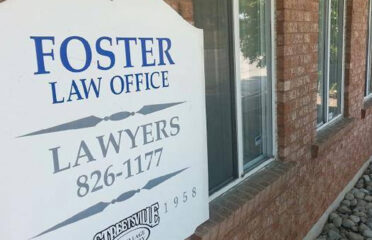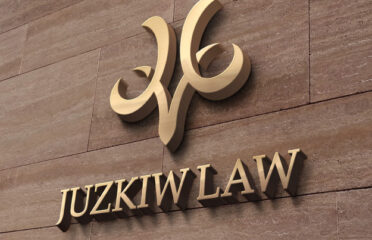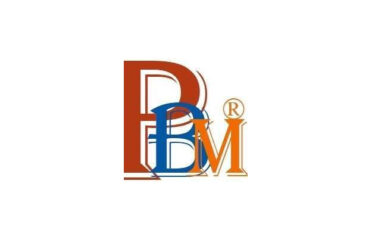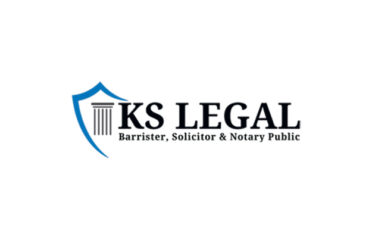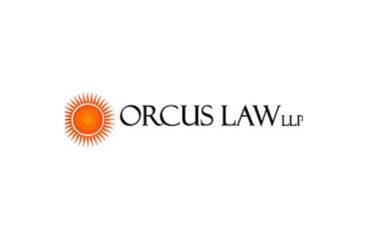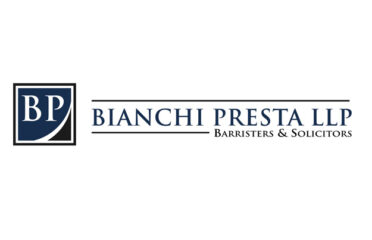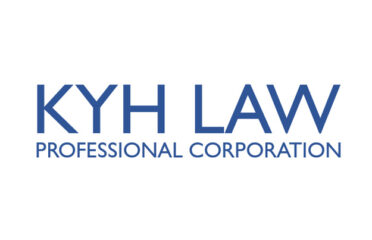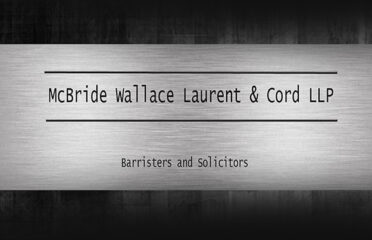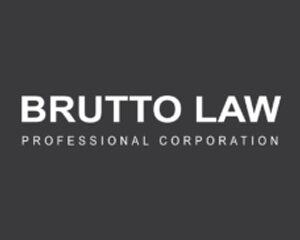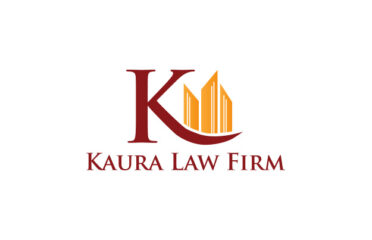What is Landlord Tenant Law in Canada?
Renting a home is a fundamental part of life for millions of Canadians, with over one-third of households living in rental accommodations. Landlord-tenant law governs this critical relationship, balancing tenants’ rights to safe, stable housing with landlords’ property rights. This 1,000-word guide explores Canada’s residential tenancy framework, key rights and responsibilities, dispute resolution processes, and emerging trends affecting rental housing nationwide.
1. The Foundations of Canadian Landlord-Tenant Law
Jurisdictional Framework
Unlike some areas of law, landlord-tenant relations fall almost entirely under provincial/territorial jurisdiction, resulting in different rules across Canada:
-
Ontario: Residential Tenancies Act (RTA)
-
British Columbia: Residential Tenancy Act
-
Alberta: Residential Tenancies Act
-
Quebec: Civil Code of Quebec
-
Federal: Only applies to Indigenous reserves and federal properties
Common Principles Nationwide
Despite regional variations, all Canadian jurisdictions recognize:
-
The importance of written lease agreements
-
Limits on rent increases (except where rent control doesn’t apply)
-
Rules around security deposits
-
Processes for legal evictions
-
Tenant protections against retaliation
2. Key Rights and Responsibilities
Landlord Obligations
By law, landlords must:
-
Maintain the property to health/safety standards (working heat, plumbing, etc.)
-
Respect tenant privacy (typically 24-48 hours notice for entry)
-
Follow proper procedures for rent increases and evictions
-
Return security deposits (where permitted) with interest, minus legitimate deductions
Case Example: In Montreal (City) v. Octane Stratégie (2019), the court fined a landlord $12K for failing to address bedbug infestations.
Tenant Responsibilities
Tenants must:
-
Pay rent on time
-
Keep the unit reasonably clean
-
Not disturb other residents
-
Allow landlord access for repairs/inspections (with proper notice)
-
Not make unauthorized alterations
3. The Lease Agreement
Essential Lease Terms
While verbal agreements can be valid (for terms under 1 year), written leases should include:
-
Names of parties and property address
-
Rent amount and due date
-
Lease duration (fixed term or month-to-month)
-
Rules on guests, pets, smoking
-
Maintenance responsibilities
-
Conditions for lease termination
Prohibited Clauses
Provincial laws void certain lease terms, such as:
-
Automatic rent increases above government limits
-
Waivers of landlord repair obligations
-
Bans on tenants having roommates (where occupancy limits aren’t exceeded)
4. Rent and Rent Increases
Rent Control
Most provinces limit how much and how often rent can be increased:
-
Ontario: 2.5% cap for 2024 (with exemptions for newer buildings)
-
BC: 3.5% maximum for 2024
-
Alberta: No rent control
-
Quebec: Calculated annually (e.g., 4% in 2024)
Exception: Most jurisdictions don’t restrict increases between tenants.
Legal Increase Process
Landlords must typically:
-
Use government-approved notice forms
-
Provide 60-90 days notice
-
Wait 12 months between increases
5. Security Deposits
Rules vary significantly:
-
Allowed in most provinces (usually 1 month’s rent)
-
Quebec bans security deposits (only first month’s rent allowed)
-
Interest payments required in some jurisdictions (e.g., Ontario)
-
Deductions limited to unpaid rent or damage beyond normal wear
6. Repairs and Maintenance
Tenant Recourse for Neglect
If landlords don’t make necessary repairs, tenants may:
-
File with provincial rental authorities (e.g., LTB in Ontario)
-
Request rent abatement (reduction)
-
In extreme cases, pay for repairs and deduct from rent (after getting approval)
Example: A BC tenant won 25% rent reduction for 8 months due to a leaky roof the landlord ignored.
7. Ending a Tenancy
Tenant-Initiated Termination
-
Fixed-term leases typically convert to month-to-month automatically
-
Notice periods range from 1-3 months depending on province
Landlord-Initiated Termination
Valid reasons include:
-
Non-payment of rent
-
Persistent late payment
-
Significant damage to property
-
Illegal activity
-
Landlord/family moving in (bona fide requirement)
-
Major renovations/demolition
*Bad Faith Example: A Toronto landlord was fined $50K for falsely claiming family needed the unit, then re-renting at higher price.*
8. The Eviction Process
Legal evictions require:
-
Proper written notice (forms vary by province)
-
Application to provincial tribunal
-
Hearing (unless tenant doesn’t contest)
-
Sheriff enforcement if tenant won’t leave
Average processing times:
-
Ontario: 4-8 months for non-payment cases
-
Alberta: As little as 3 weeks
9. Dispute Resolution
All provinces have specialized tribunals:
-
Ontario: Landlord and Tenant Board (LTB)
-
BC: Residential Tenancy Branch (RTB)
-
Quebec: Régie du logement
Alternatives include:
-
Mediation services
-
Community legal clinics
-
Small claims court for damage disputes
10. Emerging Issues in Canadian Rental Housing
Pandemic Impacts
-
Temporary eviction bans (mostly lifted)
-
Arrears repayment plans in some provinces
Short-Term Rentals
Cities like Toronto and Vancouver now require:
-
Registration for Airbnb-style rentals
-
Principal residence requirements
Rental Housing Supply Crisis
Policy responses include:
-
BC’s $500/month rental rebate for low-income seniors
-
Ontario’s elimination of rent control on new units (2018)
-
Federal GST removal on new rental construction (2023)
Tenant Organizing
-
New tenant unions advocating for stronger protections
-
Push for “good cause” eviction laws (only Nova Scotia currently has this)
11. Provincial Spotlights
Ontario
-
Strongest tenant protections
-
Above-guideline rent increases possible for major capital work
-
“Landlord’s own use” evictions require 1 month’s rent compensation
Alberta
-
No rent control
-
Shortest eviction timelines
-
Allows “no reason” lease non-renewals with proper notice
Quebec
-
Unique “lease transfer” rights
-
Strict rules about winter evictions
-
Bilingual documentation requirements
12. Tips for Tenants
-
Document everything (move-in inspections, repair requests)
-
Know your rights before signing a lease
-
Get renters insurance (often overlooked)
-
Never withhold rent entirely – use proper channels
-
Seek legal help early for disputes
13. Advice for Landlords
-
Screen tenants thoroughly (credit checks, references)
-
Follow the law exactly for notices and increases
-
Keep detailed records of all communications
-
Address repairs promptly
-
Consider mediation before tribunal applications
14. Case Study: Singh v. Rahman (Ontario 2022)
-
Issue: Tenant claimed landlord harassment after reporting maintenance issues
-
Outcome: LTB awarded $8,000 in compensation and rent abatement
-
Precedent: Reinforced protections against retaliatory behavior
Conclusion
Canadian landlord-tenant law provides a carefully balanced framework that continues evolving to address housing affordability challenges. While regional differences exist, core principles of fairness and due process apply nationwide. Both landlords and tenants benefit from understanding their rights and obligations – whether navigating pandemic-related arrears, renoviction attempts, or simple lease renewals.
With rental housing becoming increasingly unaffordable in many markets, these laws play a vital role in maintaining stability for millions of Canadians. Those facing complex situations should consult provincial resources or seek legal advice to protect their interests.
Key Takeaways
-
Provincial laws govern most aspects of the landlord-tenant relationship
-
Rent control exists in most (but not all) jurisdictions
-
Proper procedures must be followed for evictions and rent increases
-
Tribunals (not courts) handle most disputes
-
Documentation is critical for both parties
-
Emerging issues like short-term rentals are reshaping rental markets
By understanding these fundamentals, both renters and property owners can contribute to healthier rental housing ecosystems across Canada.




